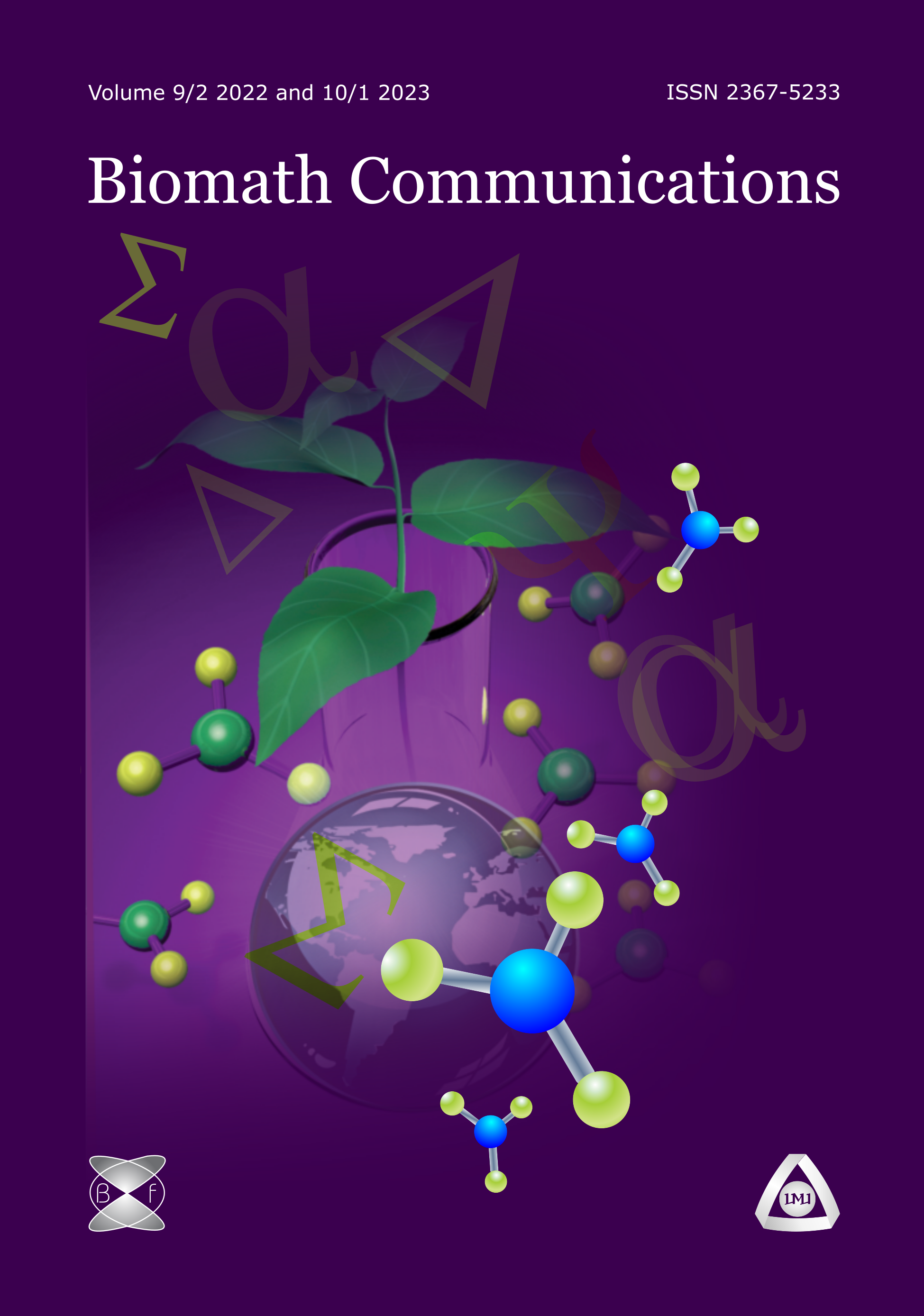An Optimal Control Problem Related to a Hybrid Aquatic System
DOI:
https://doi.org/10.11145/cb.v3i1.680Abstract
The increasing interest for ecological water quality models has gained a lot of importance during the last few decades and has arisen as a result of the eutrophication of lakes and reservoirs throughout the world.
In this talk, we consider the analysis and numerical implementation of an optimal control problem associated with aВ nutrient-phytoplankton-zooplankton-fish model introduced in [2]. In this model, the parameter for nutrient level and fish predation acts asВ a distributed control variable. A similar optimal control problem, but slightly different from this approach with respect to the grazing rate ofВ zooplankton on phytoplankton, was treated in [1].
We establish the existence of optimal solutions and derive the optimality system. We also provide some numerical simulations that support the theoretical results. ...
Downloads
Published
Issue
Section
License
The journal Biomath Communications is an open access journal. All published articles are immeditely available online and the respective DOI link activated. All articles can be access for free and no reader registration of any sort is required. No fees are charged to authors for article submission or processing. Online publications are funded through volunteer work, donations and grants.
Authors who publish with this journal agree to the following terms:
- Authors retain copyright and grant the journal right of first publication with the work simultaneously licensed under a Creative Commons Attribution License 4.0 that allows others to share the work with an acknowledgement of the work's authorship and initial publication in this journal.
- Authors are able to enter into separate, additional contractual arrangements for the non-exclusive distribution of the journal's published version of the work (e.g., post it to an institutional repository or publish it in a book), with an acknowledgement of its initial publication in this journal.
- Authors are permitted and encouraged to post their work online (e.g., in institutional repositories or on their website) prior to and during the submission process, as it can lead to productive exchanges, as well as earlier and greater citation of published work (See The Effect of Open Access).

